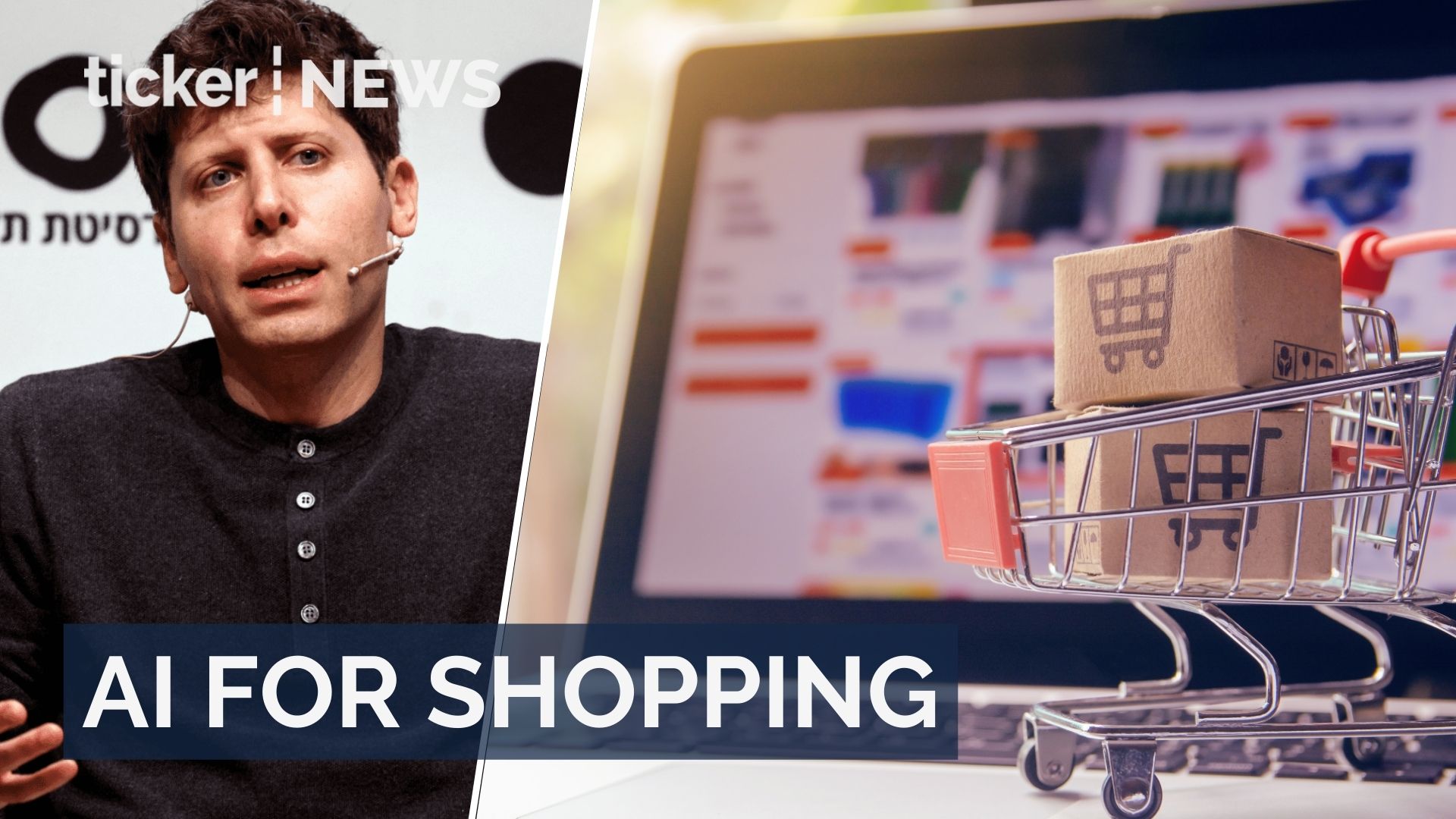Tech
Tik Tok ban – U.S. house committee makes a unanimous decision
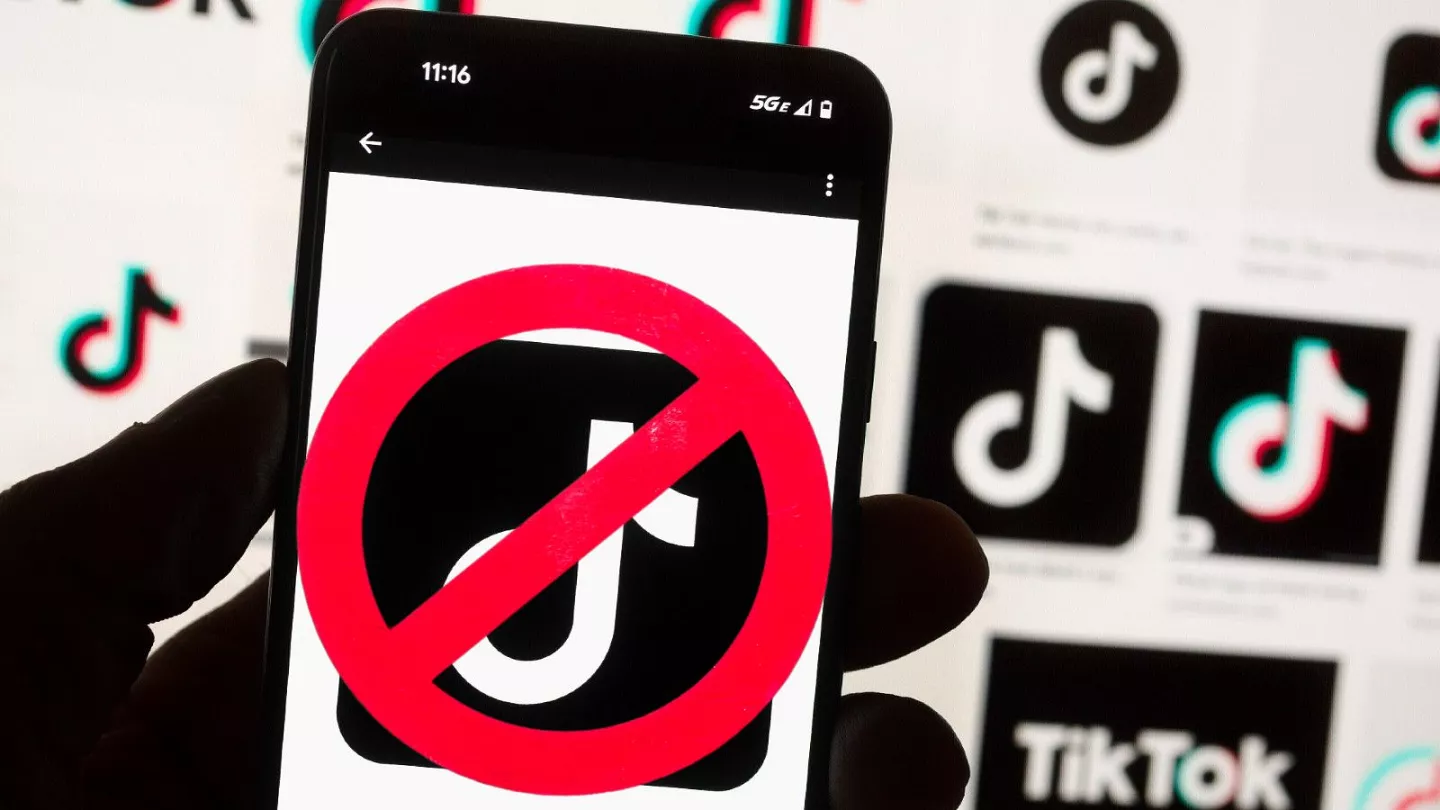
Tech
Airbus A320 fleet faces software upgrade due to risk
Airbus alerts A320 operators to urgent software fix after JetBlue incident raises safety concerns
Tech
China blocks ByteDance from using Nvidia chips in new data centres
China blocks ByteDance from using Nvidia chips, tightening tech control and pushing for domestic AI innovation amid U.S. restrictions.
Tech
OpenAI launches shopping research tool for ChatGPT users
OpenAI launches shopping research tool to enhance e-commerce experience ahead of holiday season spending boost
-

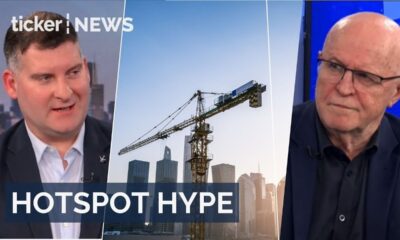

 News3 days ago
News3 days agoAustralia’s fastest-growing property markets revealed
-



 Ticker Views4 days ago
Ticker Views4 days agoSpace debris could sabotage Google’s next big AI breakthrough
-

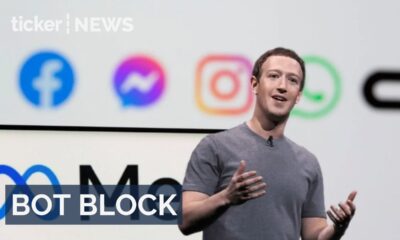

 News3 days ago
News3 days agoEU launches antitrust probe into Meta over WhatsApp AI policy
-

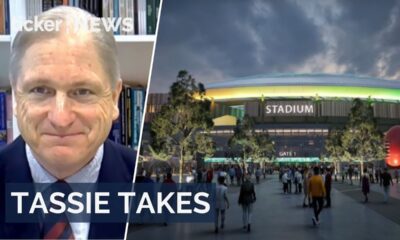

 News2 days ago
News2 days agoTasmania AFL team confirmed: Macquarie Point stadium legislation passes
-



 News5 days ago
News5 days agoStocks rebound as Bitcoin and tech surge ahead of Fed meeting
-



 News4 days ago
News4 days agoImmigration crackdown escalates tensions In New Orleans
-

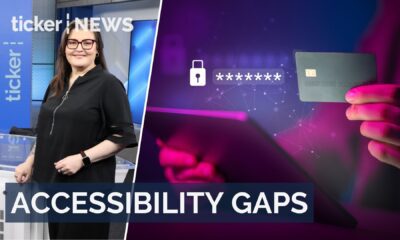

 Shows2 days ago
Shows2 days agoAccessibility gaps in cybersecurity
-

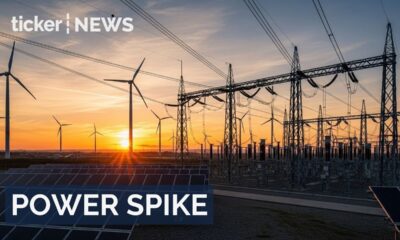

 News4 days ago
News4 days agoAustralia warned of major electricity price surge without faster renewable rollout









